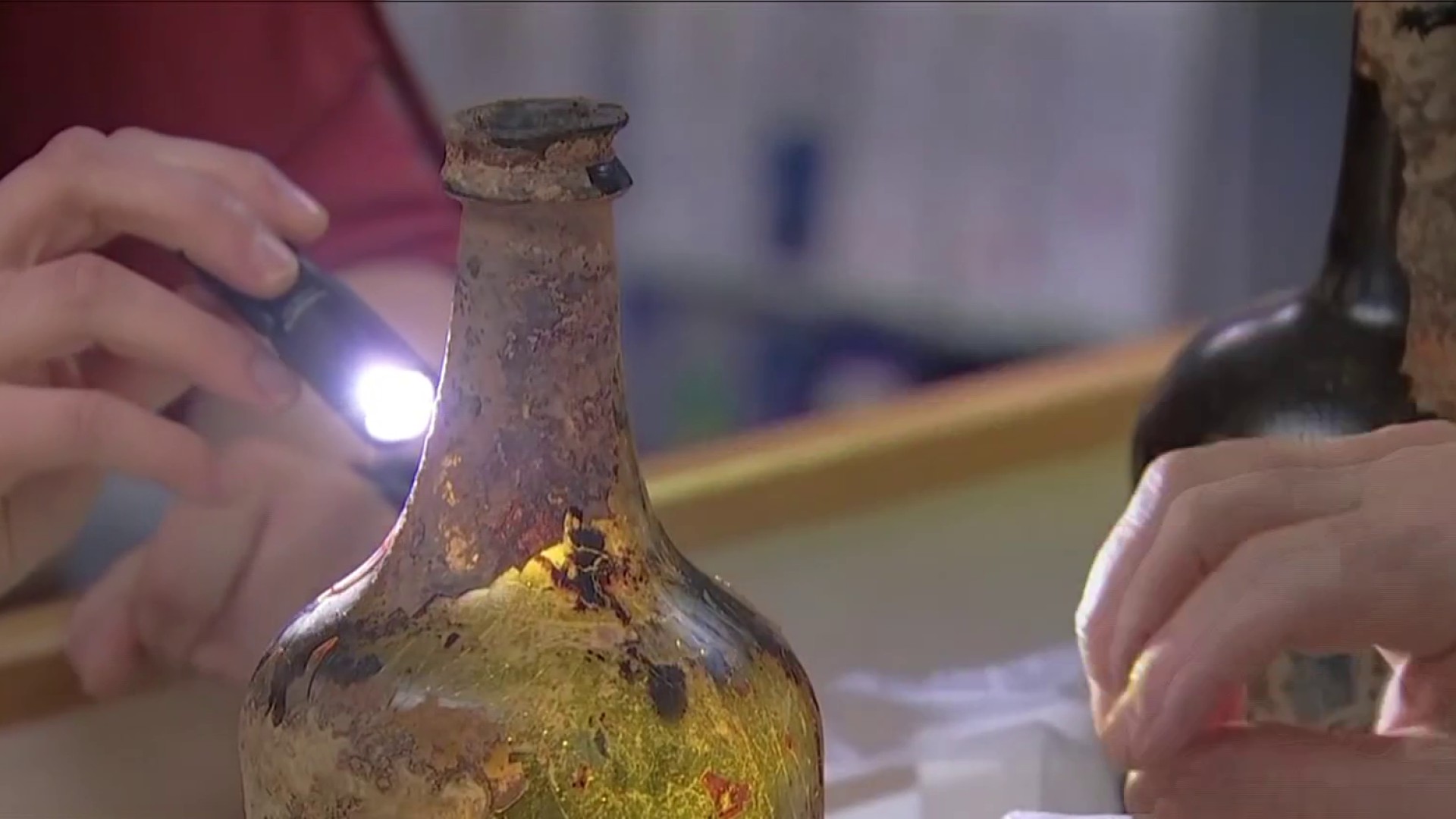What to Know
- Twelve people, mostly city workers, were killed when a man opened fire in a Virginia Beach municipal building in May
- The shooter, 40-year-old DeWayne Craddock, was a city employee who resigned the same day of the attack
- An independent investigation found no missed warning signs that could have stopped the tragedy. Victims' families have expressed doubts
A months-long independent probe into the Virginia Beach mass shooting has concluded, but it offers no clear answers as to why a city engineer killed 12 people in his workplace, according to findings released Wednesday.
The investigation, conducted by Chicago-based security company Hillard Heintze, found no warning signs by the shooter that could have helped the city prevent the May 31 tragedy.
The firm also said that the longtime city employee did not work in a systemically toxic workplace, which some people in this coastal city of nearly 500,000 had proposed as a possible factor.
What the investigation did reveal was a man who experienced the kind of pressures and life challenges that many people do.
DeWayne Craddock, 40, had gone through a divorce and was having trouble at work. He wrote emails on his work computer that went unsent but claimed he was unjustly disciplined.
But independent investigators were at a loss to explain how such “stressors” could have translated into violence.
“The information is just not there,” the independent security firm’s CEO, Arnette Heintze, told reporters after presenting a 262-page report to Virginia Beach’s City Council.
“What we can tell you is that in 2016 his life started changing,” Heintze said. “We can tell you that he started acquiring firearms … body armor and silencers. He starts visiting (newspaper websites that are reporting) on mass shootings.”
Local
Washington, D.C., Maryland and Virginia local news, events and information
Craddock had worked in the city’s public utilities department. He used two semi-automatic handguns, a silencer and extended ammunition magazines to kill 11 of his co-workers and a contractor who had stopped at the city’s sprawling municipal complex to get a permit.
Craddock had submitted his resignation earlier in the day, citing “personal reasons.”
The independent probe’s report will likely do little for family members of the victims who have been grasping for answers and critical of the investigations.
A police investigation into the massacre is ongoing. An update in September from police investigators did not offer a clear motive, either.
Jason Nixon, whose wife Kate Nixon was killed by Craddock, said the independent investigation was a “dog and pony show” that “regurgitated” information provided by Virginia Beach police. He said no real independent digging was done.
“Family members are beyond upset,” he said.
Nixon said his wife wrote up Craddock for having a poor attitude. But he said such details were glossed over. Nixon said he plans to ask state police to conduct an investigation.
Meanwhile, the probe offered several recommendations to the city. They included suggestions that Virginia Beach improve its workplace violence prevention programs, human resources functions and mass-notification alerting systems.
The independent investigation, however, was also somewhat limited in scope. The security firm did not have access to Craddock’s personal computer, which Heintze attributed to an ongoing investigation by the FBI.
Dwight Brown, whose daughter LaQuita Brown was killed, said after Wednesday’s presentation that independent investigators failed to talk to him during their probe. Heintze responded that they had talked to at least some members of her family.
Heintze also underscored the challenge of trying to understand someone like Craddock.
Heintze described the shooter as “truly isolated and such a loner” that he didn’t have relationships with people “who could have provided some insight.”



